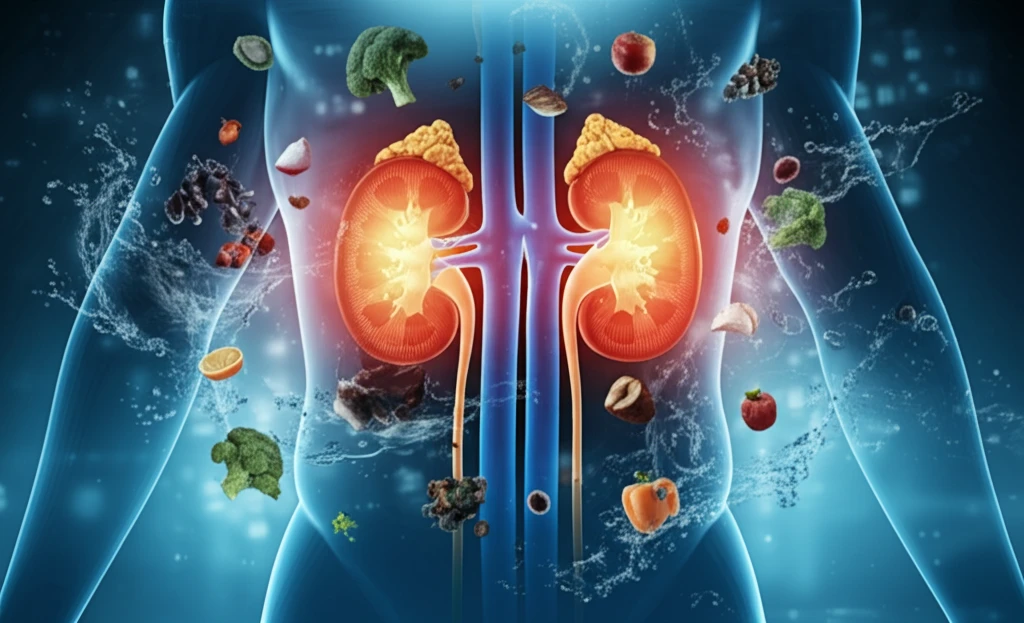
Kidney Health: How to Prevent Kidney Disease
"Understanding Your Kidneys: The Key to Lifelong Health"
Kidney disease is a silent threat affecting millions worldwide. Often, there are no noticeable symptoms until the condition has significantly progressed. This makes preventative measures and early detection crucial for maintaining kidney health and overall well-being.
Your kidneys are vital organs that filter waste and excess fluids from your blood, which are then excreted in urine. They also help regulate blood pressure, electrolyte balance, and red blood cell production. When kidneys are damaged, waste can build up, leading to a host of health problems.
This article aims to provide you with actionable strategies to prevent kidney disease, understand risk factors, and make informed choices for a healthier life. Whether you're looking to protect your kidney health or support someone who is, this guide offers practical advice and insights.
Key Strategies for Kidney Disease Prevention

Maintaining a healthy lifestyle is fundamental to kidney disease prevention. This involves adopting a balanced diet, staying hydrated, engaging in regular physical activity, and avoiding harmful substances.
- Dietary Changes: Reduce sodium intake, limit processed foods, and increase consumption of fruits and vegetables.
- Hydration: Drink adequate water throughout the day to help your kidneys function efficiently.
- Regular Exercise: Aim for at least 30 minutes of moderate-intensity exercise most days of the week.
- Avoid Smoking and Excessive Alcohol: These habits can damage your kidneys and worsen existing conditions.
Taking Control of Your Kidney Health
Preventing kidney disease requires a proactive approach that combines lifestyle adjustments, regular screenings, and informed decision-making. By understanding the risk factors and adopting healthy habits, you can significantly reduce your risk and maintain optimal kidney function for years to come. Prioritize your kidney health, and enjoy a healthier, more vibrant life.
